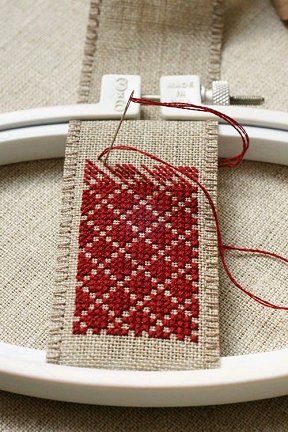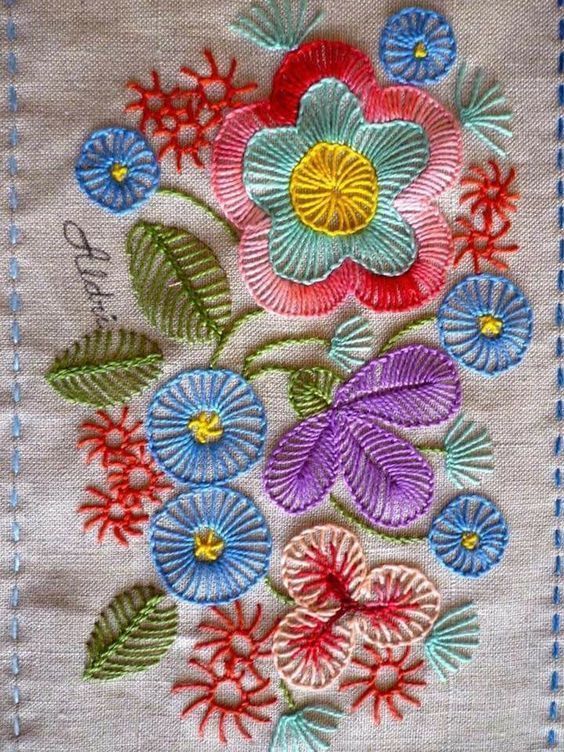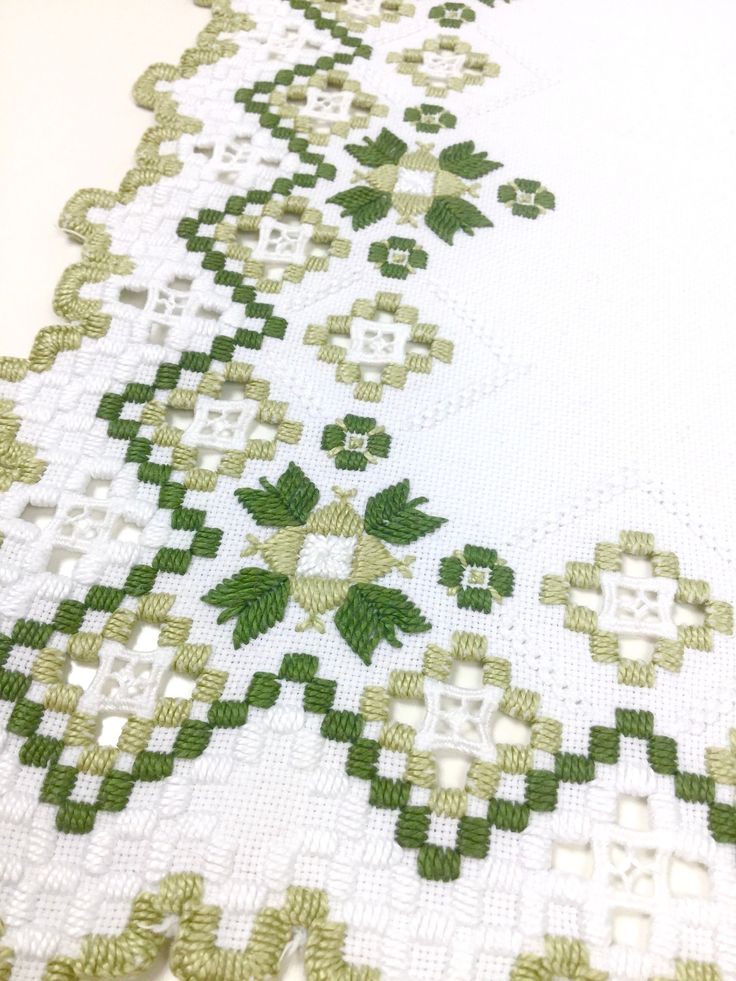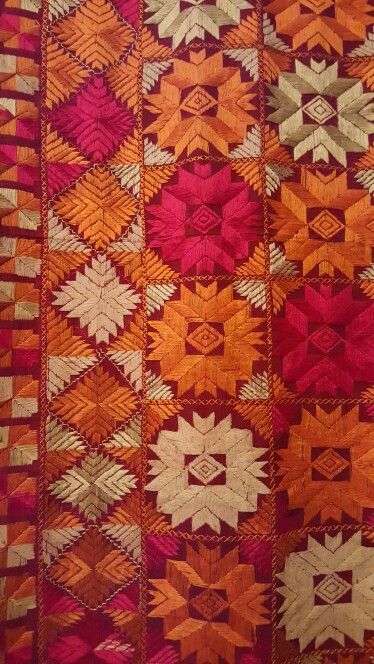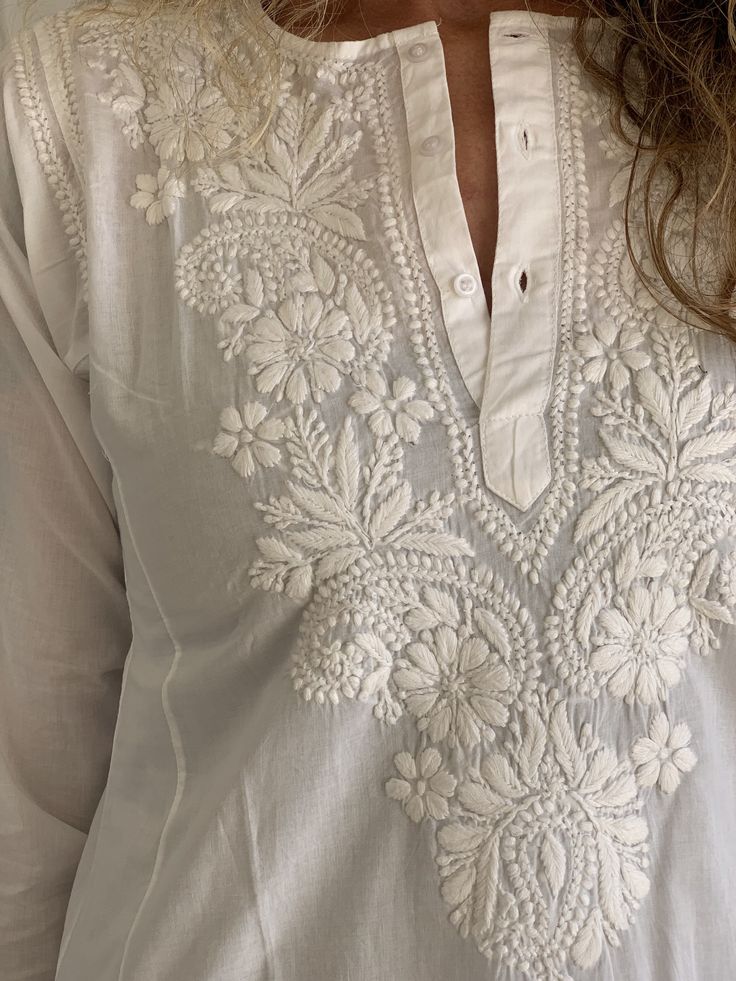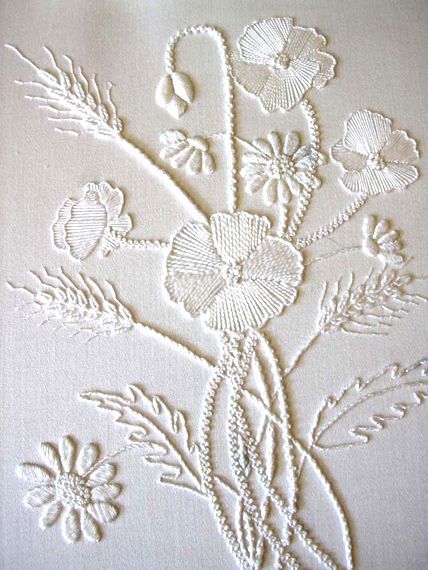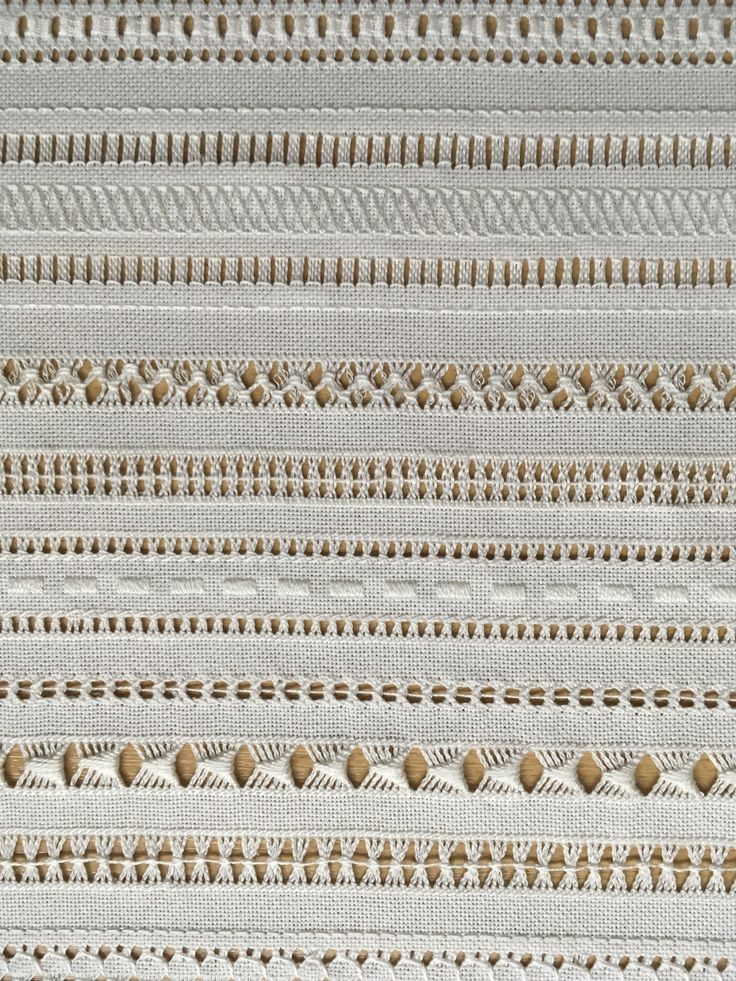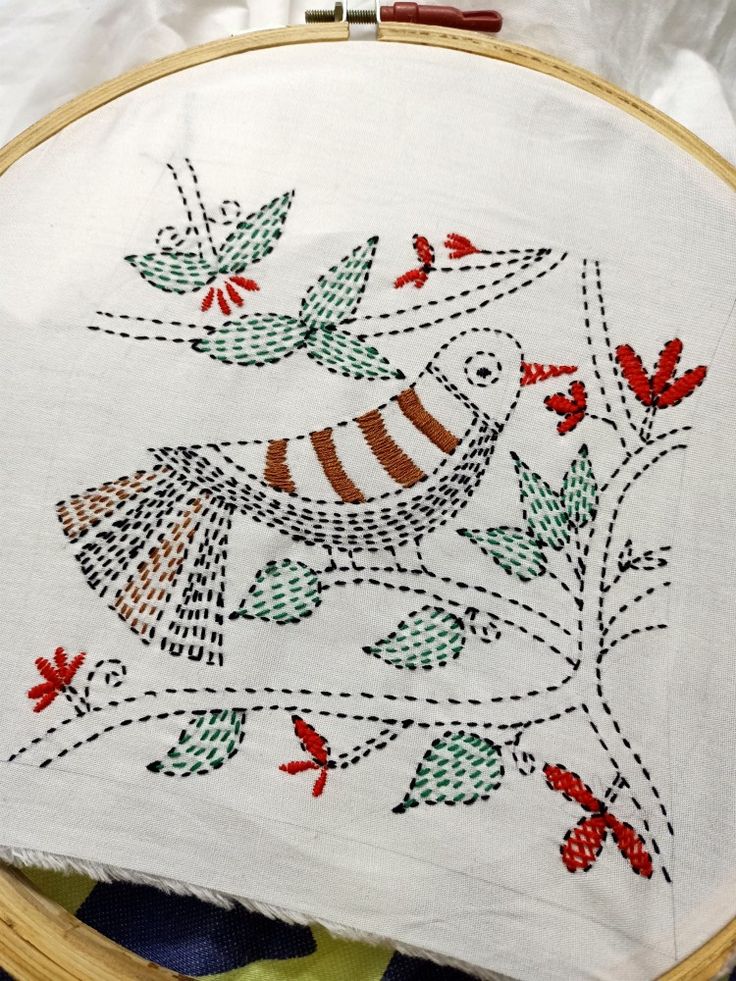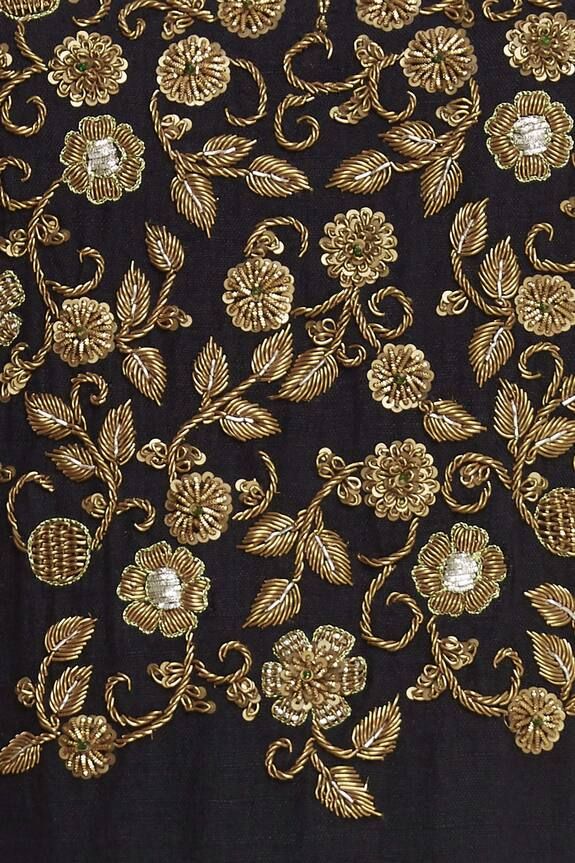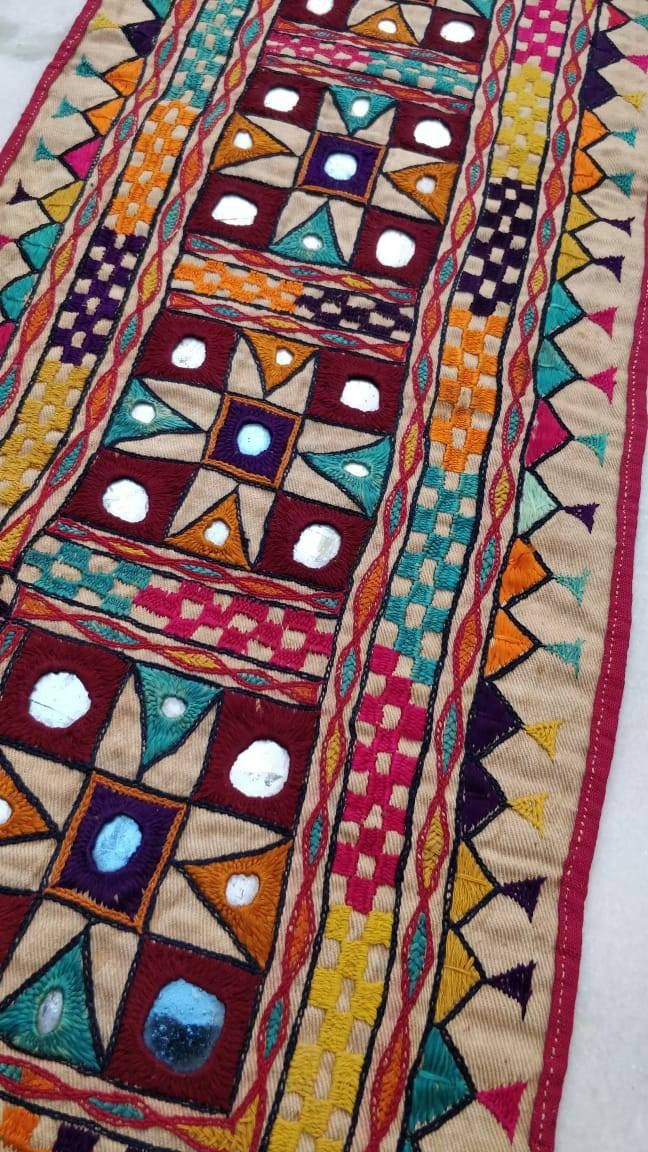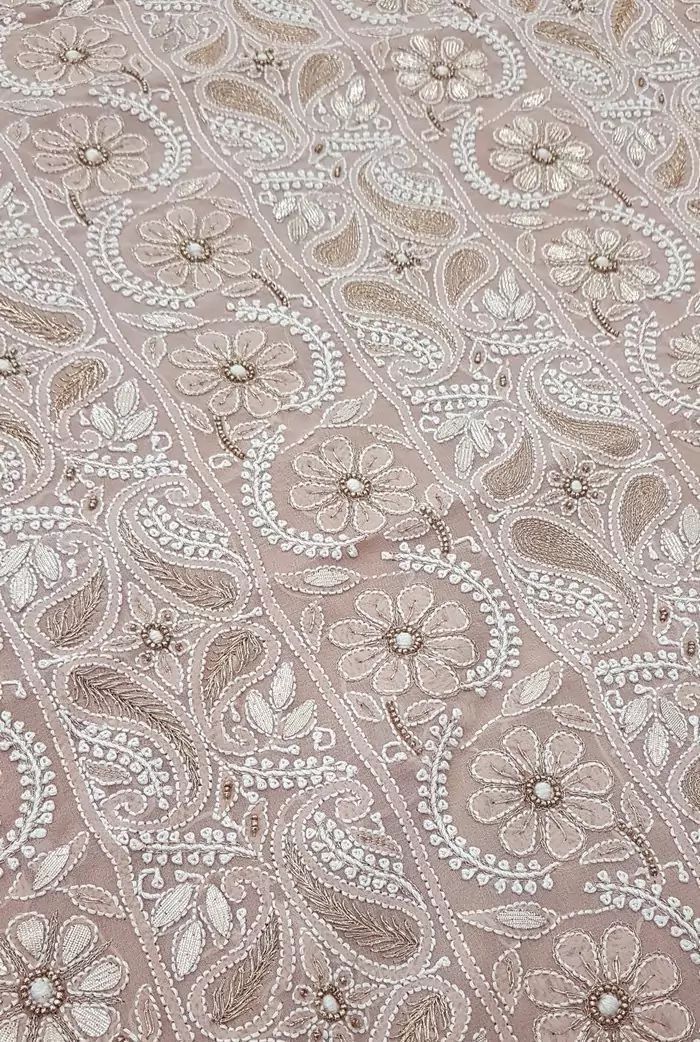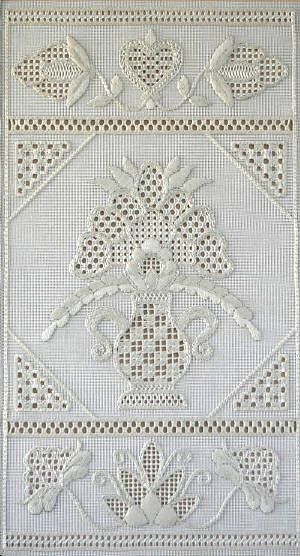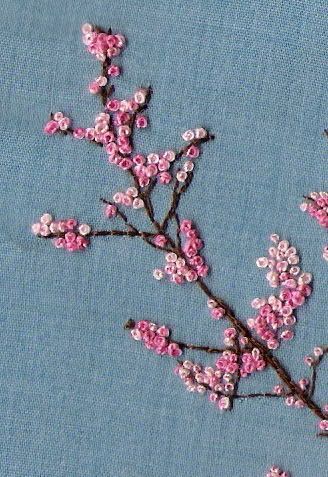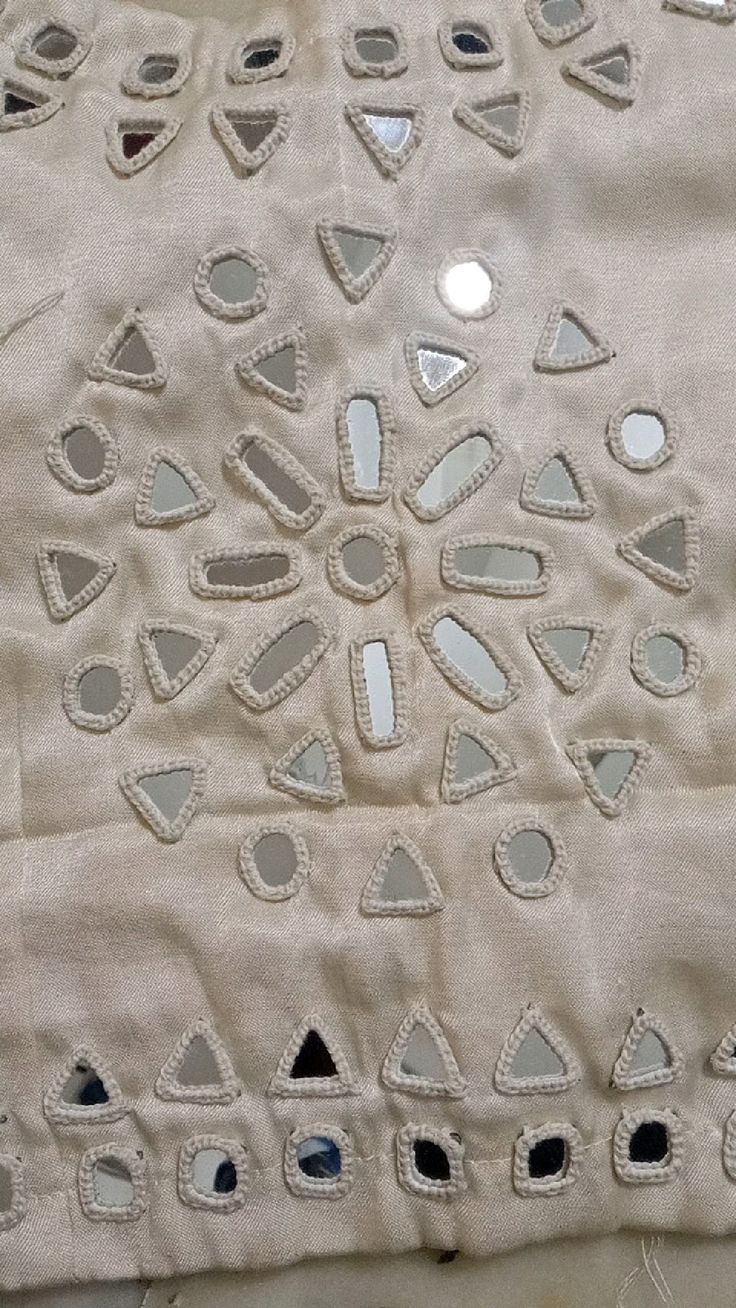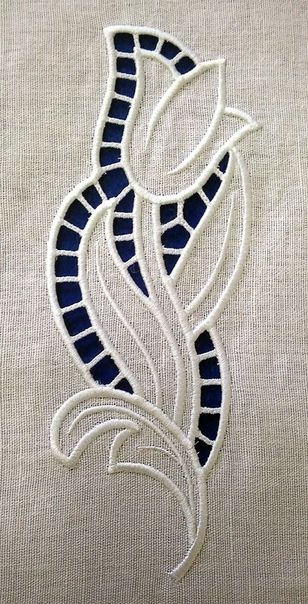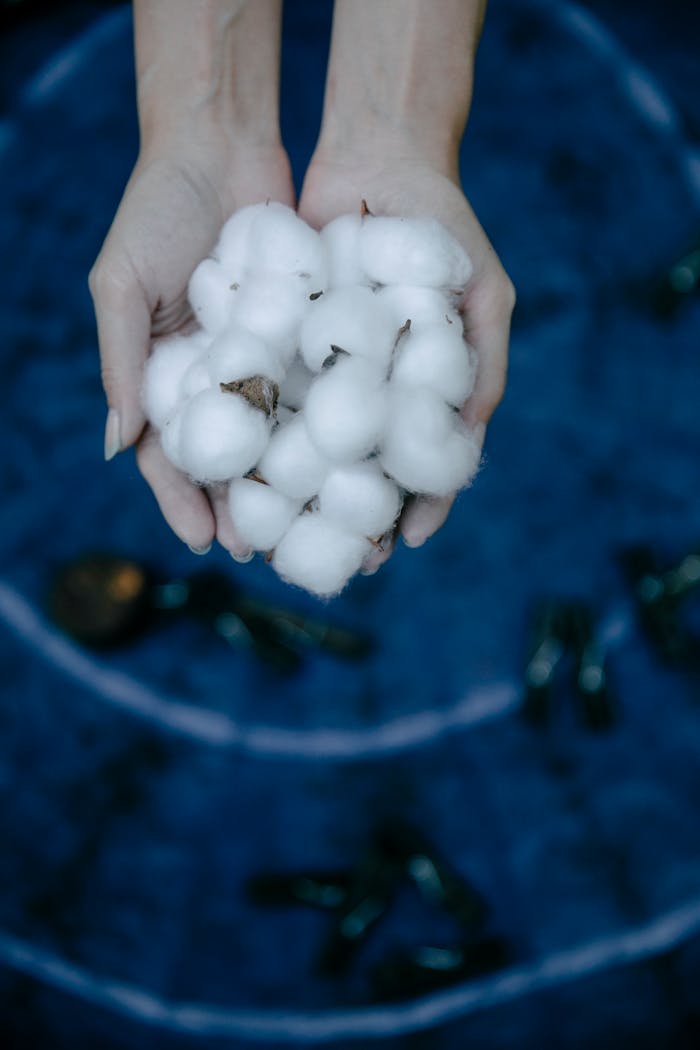
COTTON
*Cotton fabrics has a rich and fascinating history that dates back thousands of years. Cotton is one of the oldest fibers to be used for textiles purposes. It has been cultivated and woven into fabric for over 7,000 years. the history of cotton fabrics spans across many civilization and regions.
*During the Middle ages, cotton fabric production spread across the Islamic world, where advanced techniques in spinning and weaving were developed. The knowledge of cotton cultivated and fabric production eventually reached Europe through trade routes.
* Today, cotton fabric remains one of the most popular and widely used fabrics globally due to its comfort, durability, and versatility. The history of cotton fabric showcases how this humble fiber has played a significant role in shaping economies cultures, and fashion trends throughout Historical

SILK
*Silk fabrics has a fascinating history that stretches back thousands of years. The origins of silk fabric can be traced back to ancient China, where legend has it that empress Leizu discovered silk around 2700 BC. The process of silk production was closely guarded by the Chinese for centuries, making it a highly prized and valuable commodity.
*In the 18th and 19th centuries, silk production expanded to other parts of the world, including France and England. The industrial Revolution brought mechanized silk production, making silk fabric more accessible to wider audience.
*Today, silk fabric continues to be associated with luxury and elegance. The history of silk fabric highlights its significance in trade ,culture, and fashion throughout the centuries, cementing its status as a timeless and cherished textile.
TYPES OF PRINTS
- Kalamkari 16. Reactive print
- Screen print 17. Stencil print
- Block print 18. Bandini print
- Digital print 19. Jet spray print
- Laser print 20. Resist print
- Pigment print 21. Ajrakh print
- Roller print 22. Heriringbone print
- Discharge print
- Digital textile print
- Transfer print
- Direct print
- Rotary print
- Blotch print
- Stamp print
- Bagh print
TYPES OF EMBROIDERIES
- Cross stitch 16. Knot stitch
- Crewel stitch 17. Mirror work
- Surface embroidery 18. Satin work
- Hardanger stitch 19.Cut work
- Chain stitch 20. Kashida
- Phulkari stitch 21.Pulled thread embroidery
- White thread embroidery 22.Applique
- Black work
- Candlewick stitch
- Drawn thread stitch
- Kantha stitch
- Zardozi
- Banjara
- Chikankari
- Hedebo embroidery
types of prints
description
Prints on fabrics can vary widely in terms of design and style. They can range from intricate floral patterns to bold geometric shapes, from whimsical animal prints to abstract designs. The choice of print can significantly impact the overall look and feel of the fabric, making it versatile for different uses and preferences. Whether you` re looking for something classic and elegant or something more modern and edgy, there`s a print out there to suit every taste and Occasion. Prints on fabrics have a wide range of uses across various industries and applications. Here are some common uses; -Fashion, Home decor, Textile Design, Crafts, Marketing and branding.
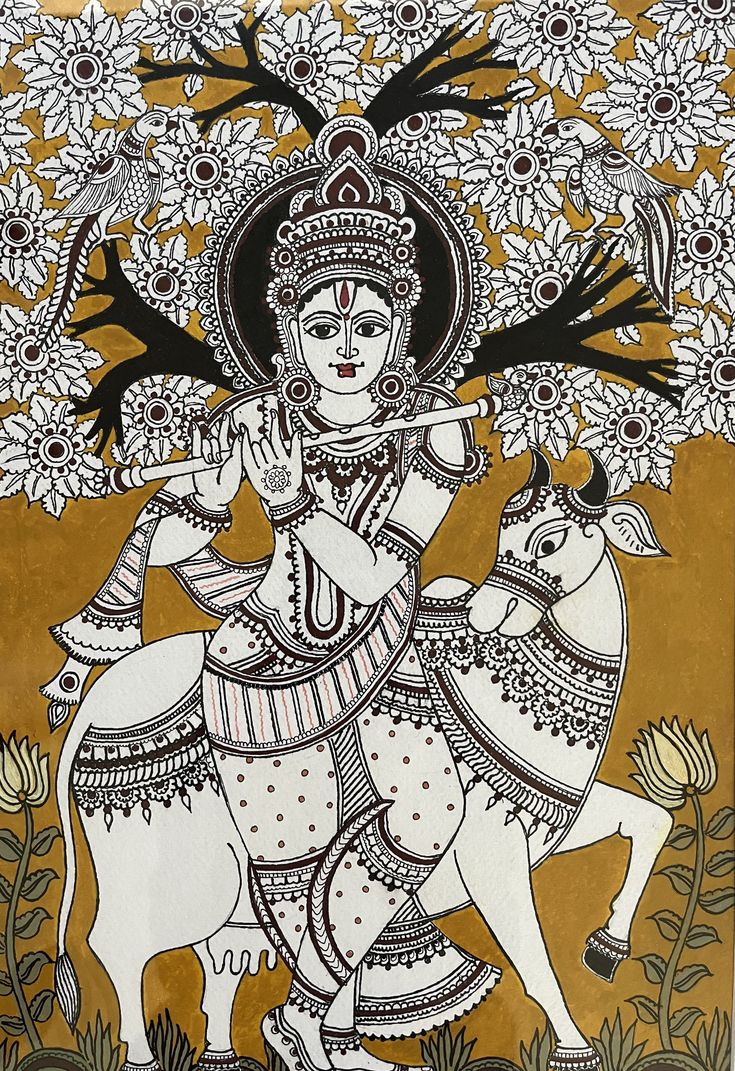
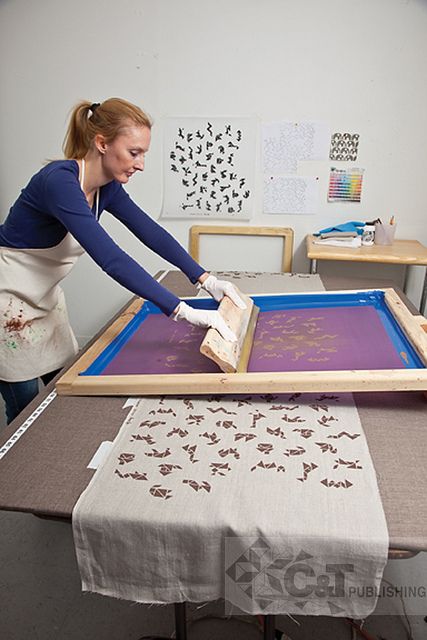
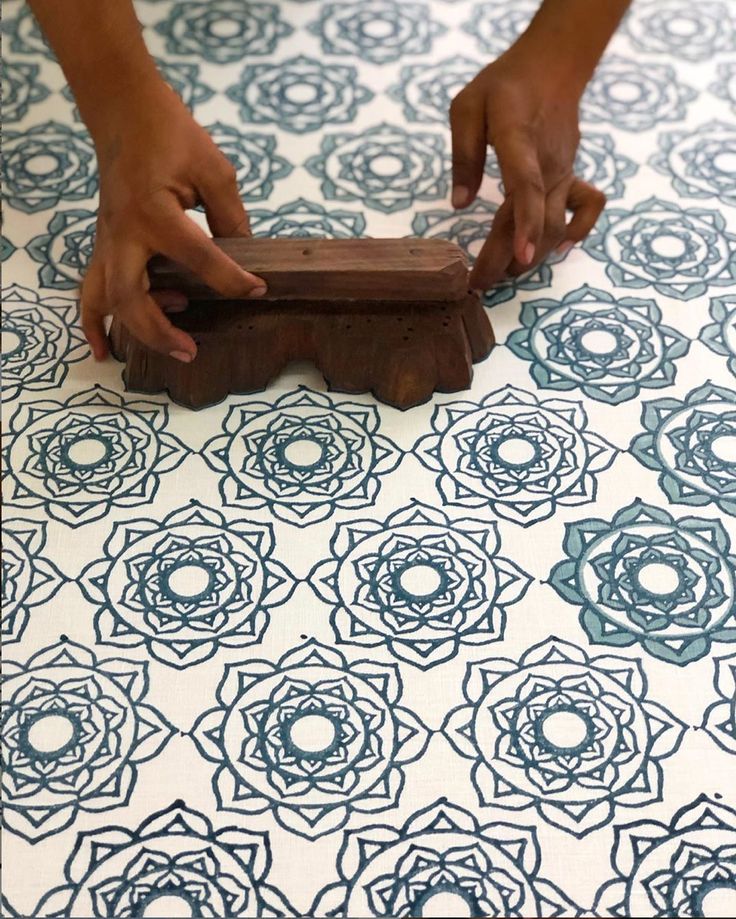

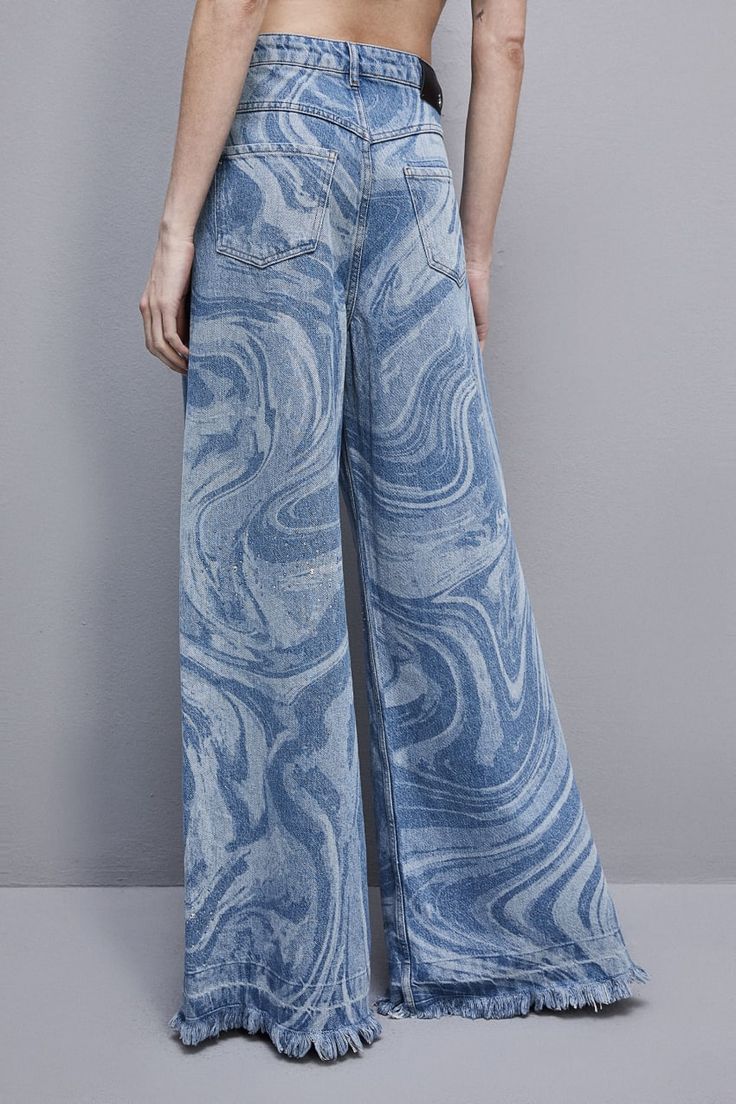
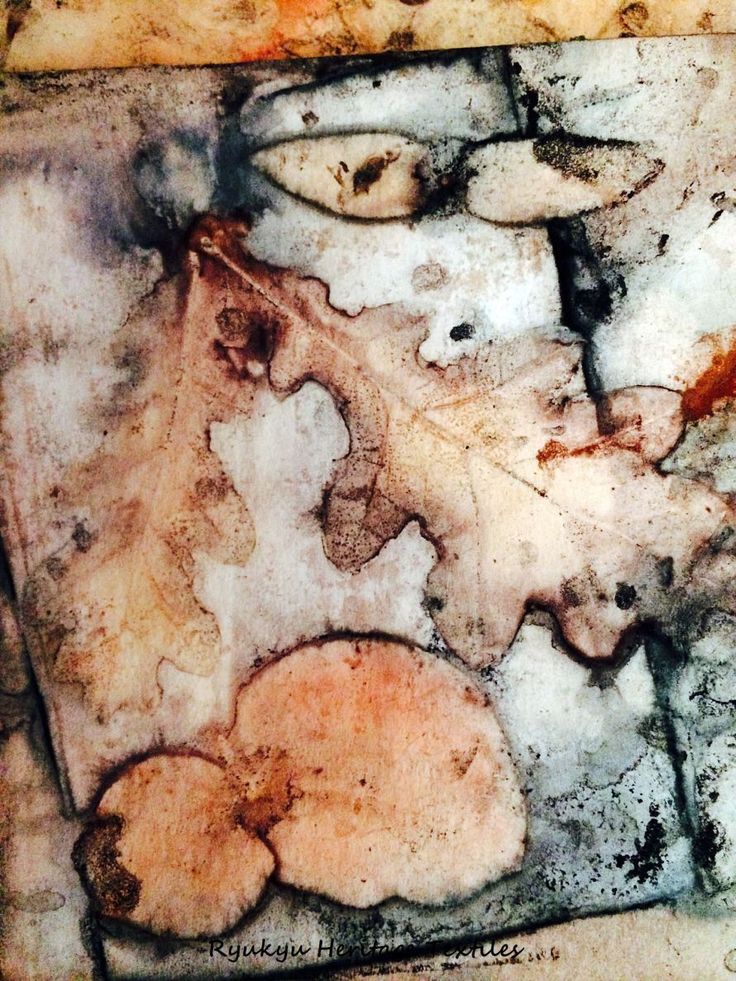
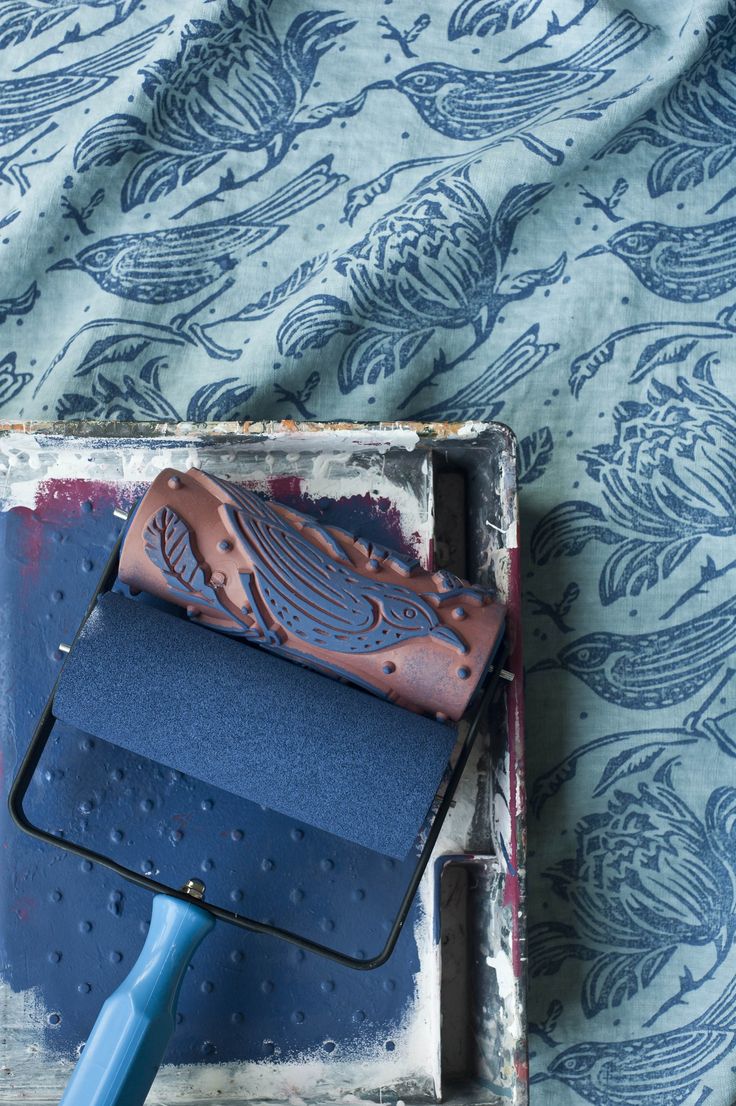
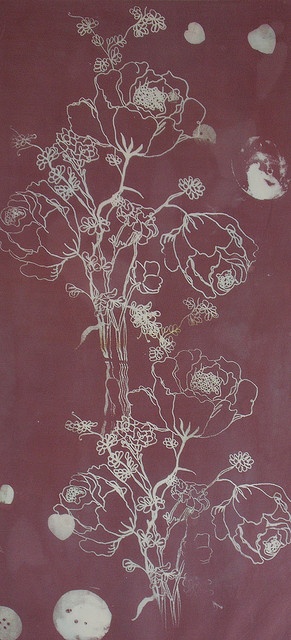
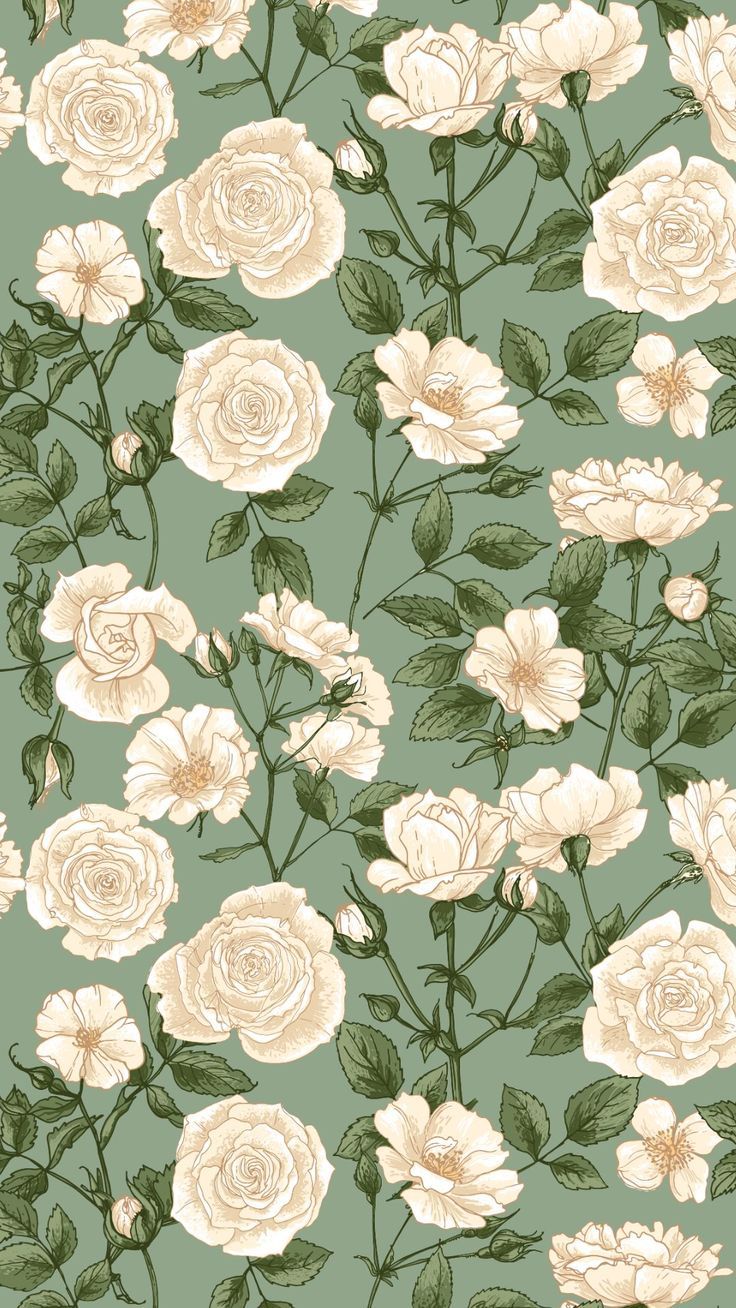
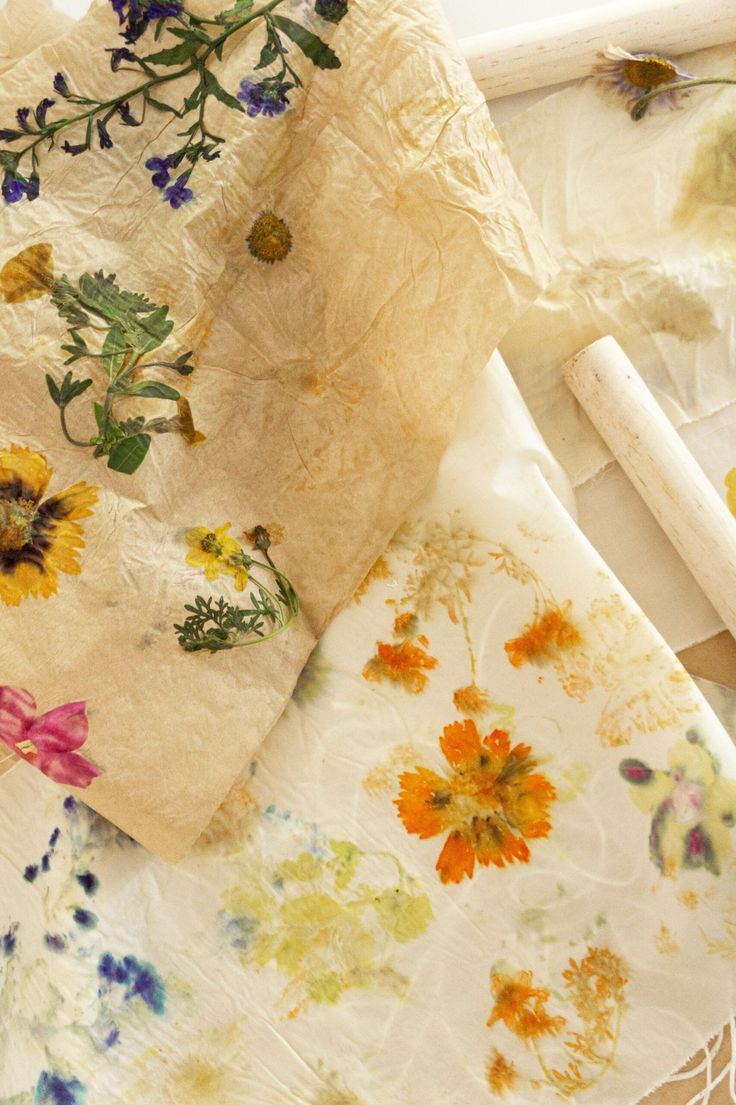
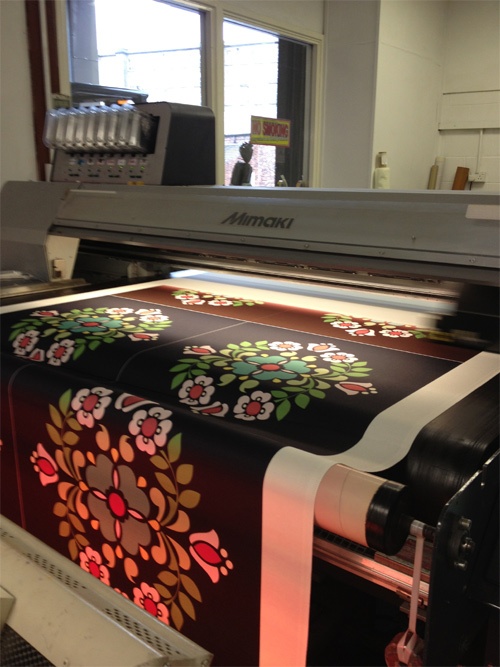

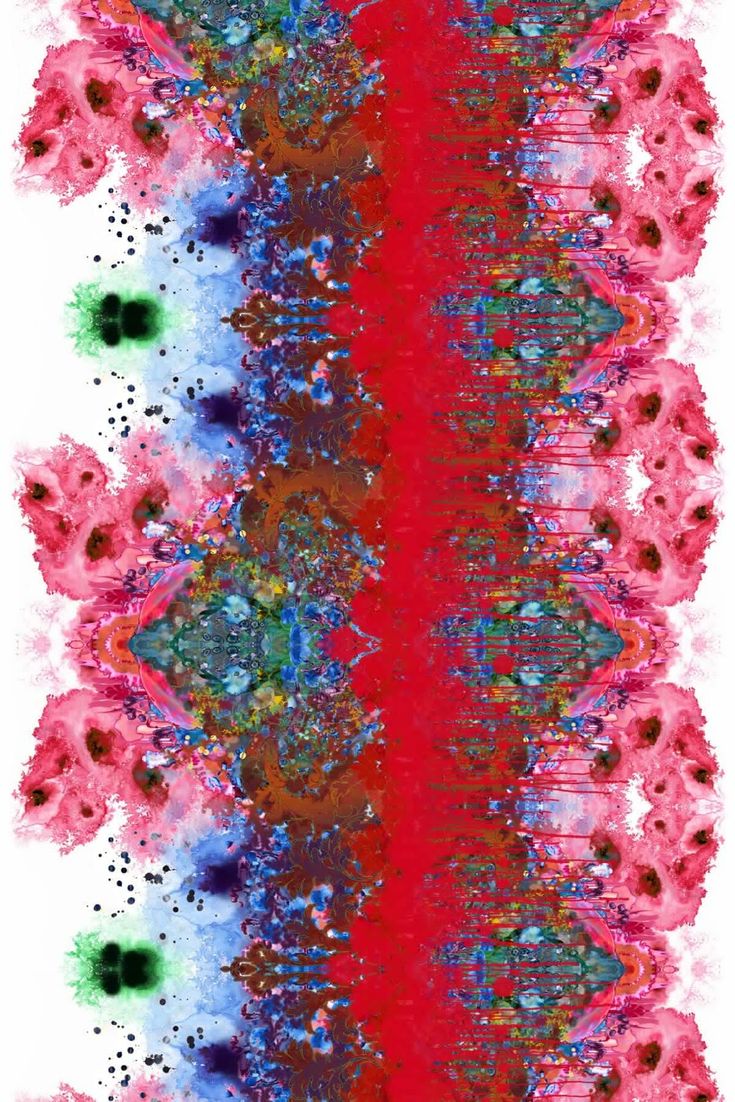
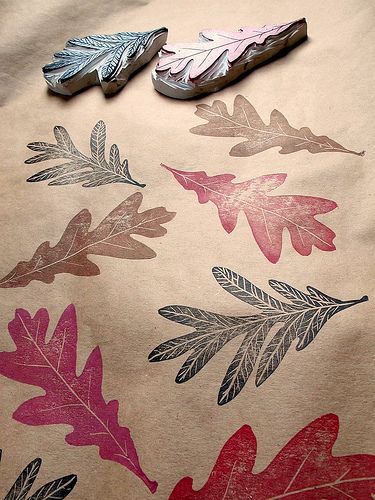
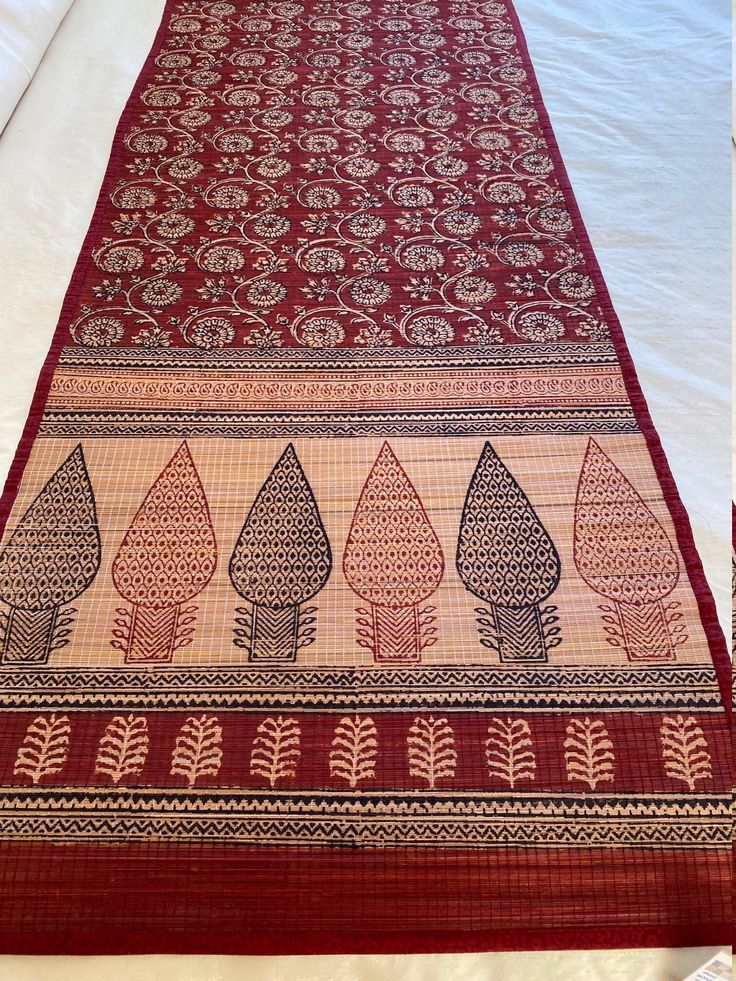
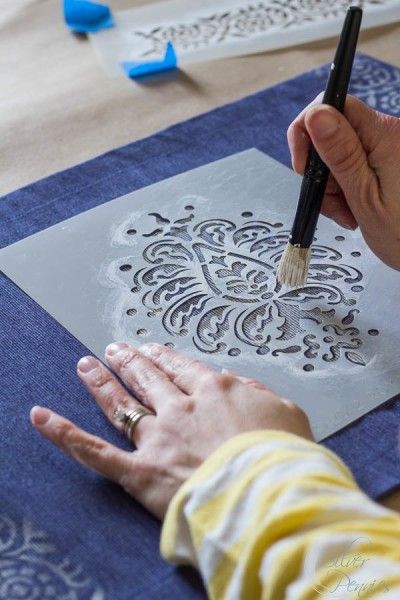
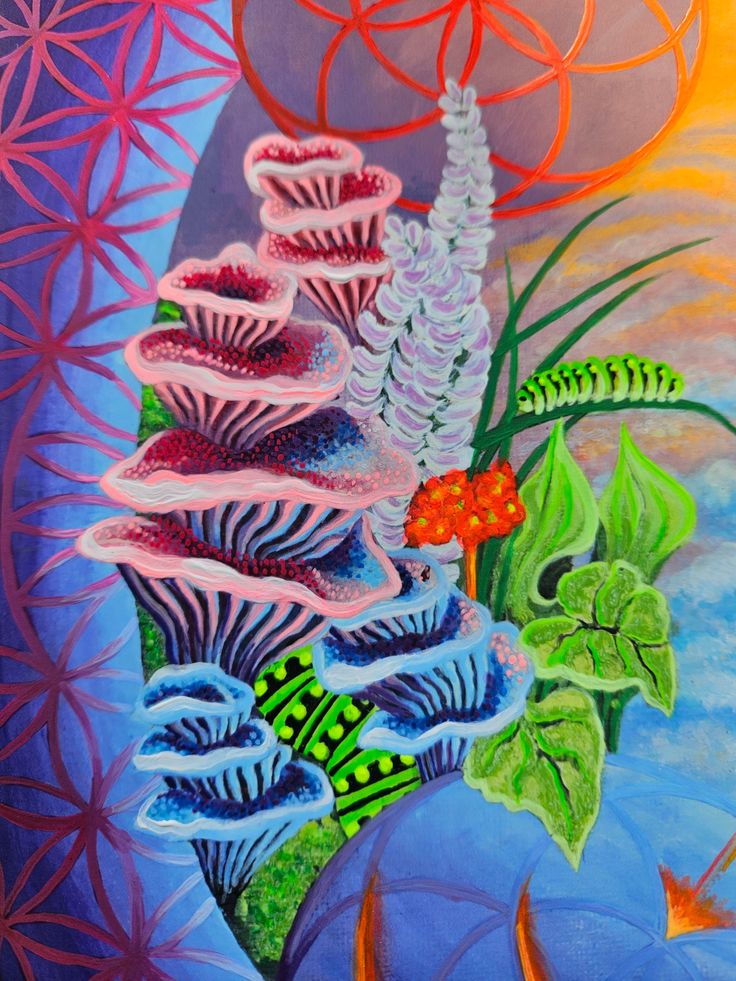

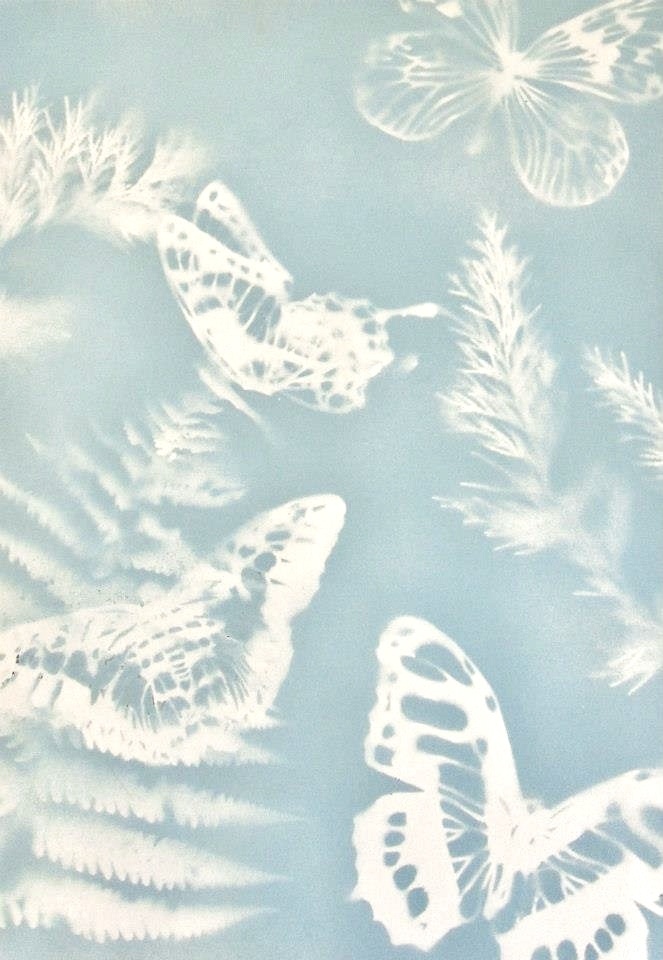
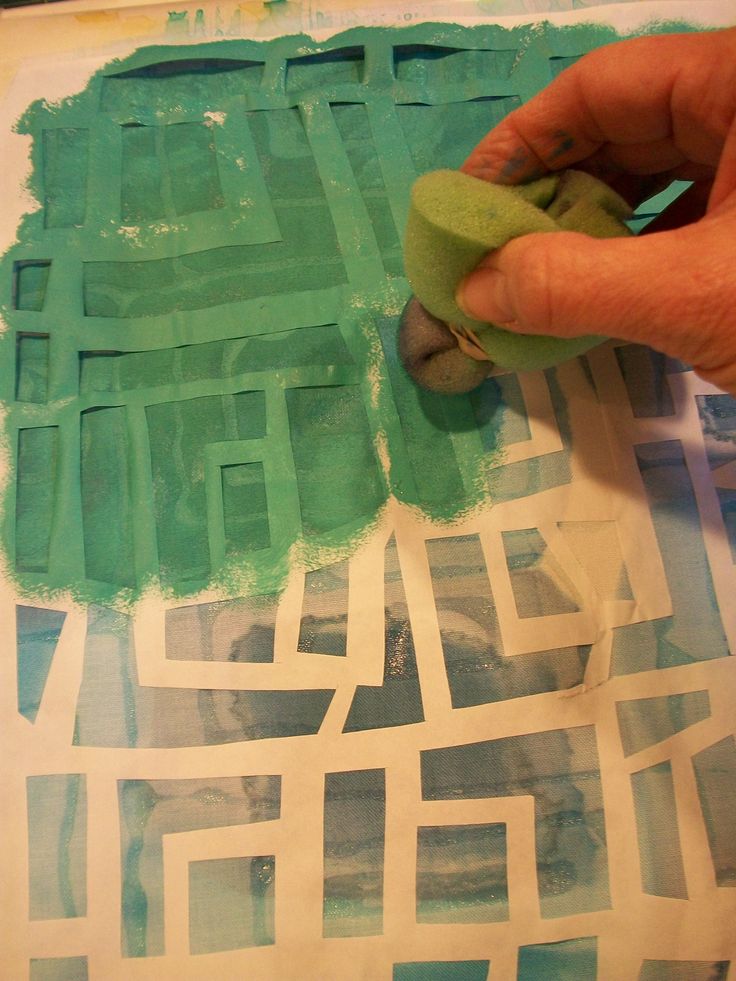

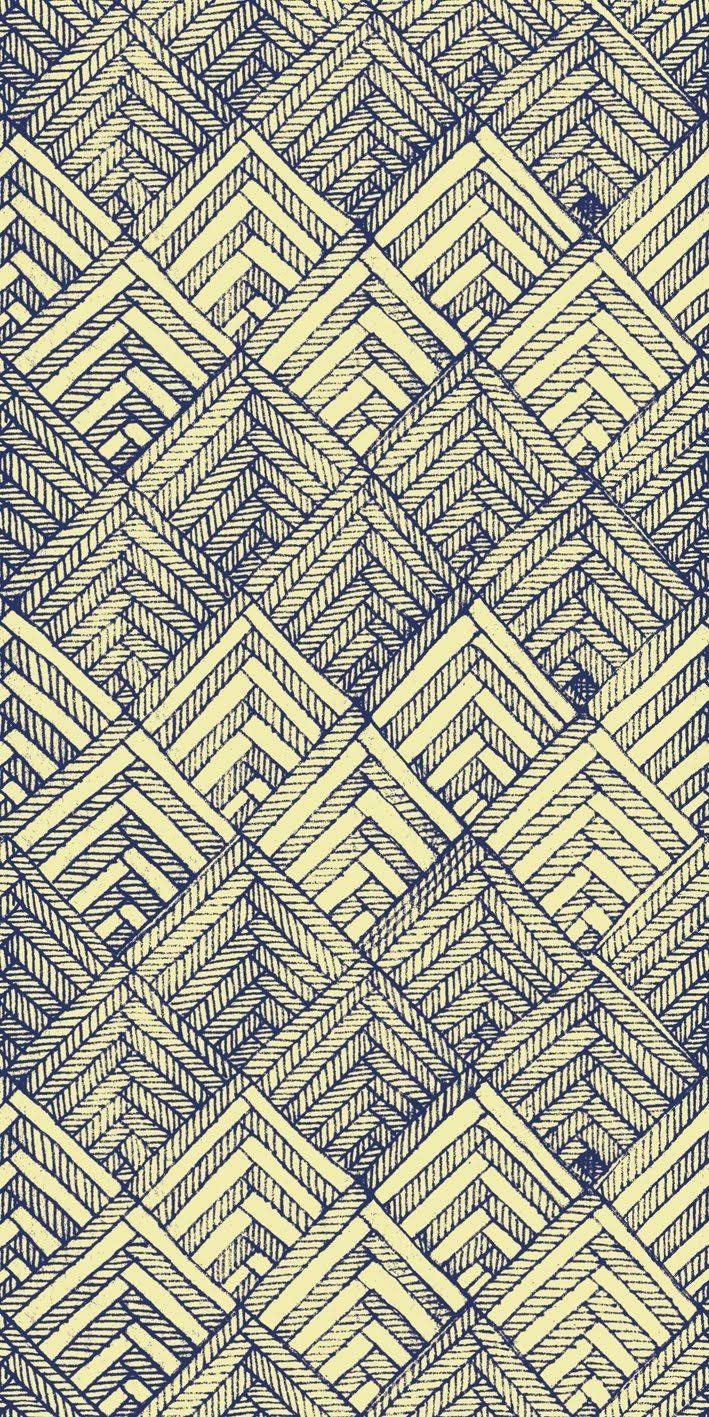
types of embroideries
description
Embroidery is a beautiful and intricate technique that involves decorating fabric with needlework. It`s different from prints, as prints are designs applied to the fabrics surface, While embroidery involves stitching directly onto the fabric. Embroidery can add texture, dimension, and a handmade touch to fabrics. Its commonly used for embellishing clothing, accessories, home decor items, and even artwork. There are various types of embroidery techniques, such as satin stitch, chain stitch and cross-stitch, each creating different effects and textures. Embroidery allows for detailed and intricate designs, often showcasing craftmanship and artistry. Its a timeless technique that can elevate the look of a y fabric, adding a touch of elegance and individuality.
